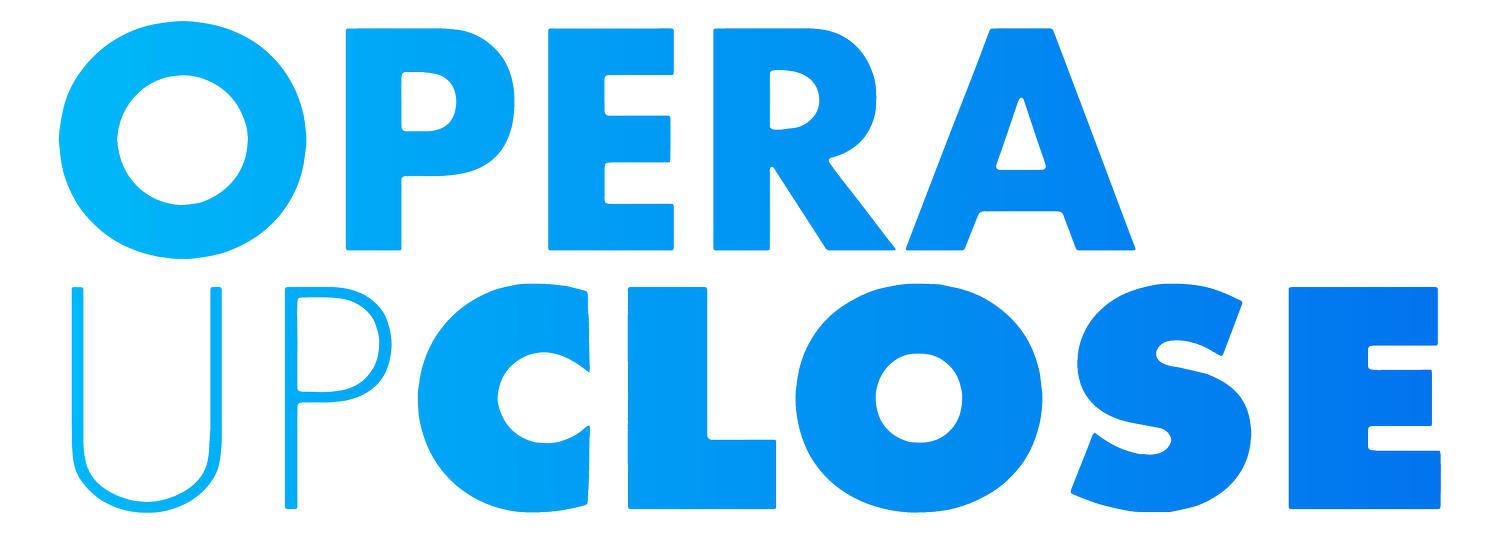Emotional Intelligence, Parenthood and Directing
Rachel Grunwald writes on the practice of 'calling it'.

"Well if you haven't got the mousse and I haven't got the mousse, who's got the f***ing chocolate mousse?"
Vincent Ebrahim and Rick Warden in Rachel's production of 'Blood and Gifts' by JT Rogers for the Tricycle Theatre's' Great Game: Afghanistan'
As an artist and the mother of two very young children, I spend a lot of my time worrying about work. These worries are mostly about money, and at times they feel keep-me-up-at-night insurmountable. In contrast to that, I want to reflect on the emotional and psychological results of combining parenthood and theatre, because these are overwhelmingly positive. I’ll focus here on the issue of ‘calling it’.
At a recent introductory seminar to Emotional Intelligence, I learnt that in moments of confrontation it helps simply to name what’s being presented. You don’t have to colour your naming with judgment or with promise. Just ‘calling it’ helps the person who is facing you in distress to know that their point of view is heard and valued. ‘I can see that you’re feeling anxious about this’. You join them. I reflected on this, and realised it’s something I have learnt to do very well with my children.
Babies and small children are the ideal actors; always in the present. We used to joke that when my baby daughter cried for feeding she was telling us: ‘I’m hungry I’m hungry I’ve always BEEN hungry and I’ll always BE hungry!’. There is no past and there is no future. Gradually little ones learn to locate themselves in time, but in the early years they continue to be bundles of desires. They want all the time. Therefore raising a small child is about dealing with a constant flow of wants which cannot all be met. And before children can talk, a large part of that is naming, for them, what they cannot tell you. I often hear myself talking like this:
"Erm..."
“I understand. You’re cross. You’re cross because you don’t want to stop playing. You want to keep playing. You’re cross because mummy is taking you away from the toys. I understand. You’re cross. You’re cross with mummy because she is taking you away. I understand.”

I have developed a great deal of discipline about this. I never try to explain why, from my point of view, what she has to do is ok, or offer a solution that I think will fix her problem. There’s no point telling a one year old that it doesn’t matter if we leave playgroup now, as we can come back next week, because ‘next week’ means nothing at all. And there’s no point saying we’re going home for lunch, since that introduces a new problem – ‘Lunch? I want lunch! WHERE’S MY LUNCH!’ because she has no concept of waiting. Also, I rarely apologise. I’m not sorry. I’m sympathetic, and I’m deeply compassionate to her for being at the whim of such devastating desires all the time (I’m probably cuddling her as I talk), but my aim is not to fulfill each one – it’s rather to teach her to handle the knocks and show her that it’s safe to keep having these desires even if they don’t all come off.
Then I reflected on my most uncomfortable recent work experience, where I had faced dissatisfaction during a long and difficult technical rehearsal, from a very talented, very young company. I could feel it coming from them in waves. And I ignored it. I pushed on with the tech, driven by the complexity of the staging and the shortness of time. I just didn’t have time to deal with it. At least, I told myself that was the case. But really, I was scared of exposing myself by acknowledging the ill feeling. I wish I had stood still in front of them in that big, busy theatre and tried to name what I thought they were feeling – as the start of a conversation in which we could acknowledge it.
I wish I’d known that I didn’t have to apologise for anything I didn’t feel sorry for; that I didn’t need to offer a solution right then and there, and that I didn’t have to try and tell them it was ok. I wish I’d known that all I needed to do, to start getting us back on track, was call it. The show was great, as it turned out, but I’ve always regretted my failure of bravery at that time. So next time, I will remember the techniques I’ve learnt for myself, at home with my children, and maybe I’ll do better.
In writing this short blog I’ve realised there’s so much more to say. Last week I encountered ‘Systems Thinking’ for the first time, a view of the world that could have been written for and by parents of young children. I also recently attending South Bank University’s ‘Motherhood and Creative Practice’ conference, where artist and psychoanalyst Bracha Ettinger spoke about her notion of ‘carriance’, so pertinent to people wanting to create, love and raise children and works of art so that they both bear traces of us and are also their own people/works. Do I carry? What do I carry? How do I carry the other? These are questions that I would like to carry on asking myself about my work and my children together.
Please do post below if you’ve anything to add.
Rachel Grunwald is a director and a Theatre Fellow on the Clore Leadership Programme.
